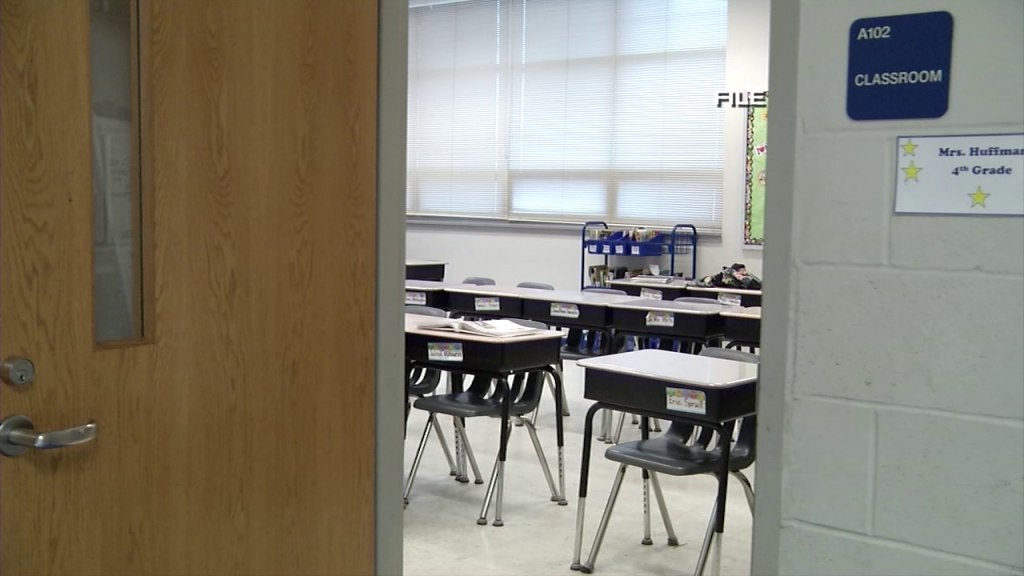Delaware ACLU calls election changes a form of voter supression, pushes to engage latino voters head of general elections
DELAWARE- The Delaware ACLU is pushing to get voters registered, ahead of Saturday’s deadline for all eligible voters. They say they have been engaging community members across the state specifically in Sussex county.
But they say they have been running into the challenge of voter confusion, as changing rules on same-day registration has left voters frustrated and with inaccurate or outdated info.
The Delaware ACLU says they view that process as a form of voter suppression, even if it doesn’t conjure images of long voting lines as it still means fewer people showing up to the polls or those who do show up being turned away.
“We think misinformation is the most far-reaching voter suppression and an arbitrary deadline to boot, having a vote missed because someone missed a deadline with no real meaning and especially given that Delaware is one of the harshest allowed by federal law, those are all are suppressive,” said ACLU DE Voter Campaign Director Meera Lynn Devota.
But the Delaware ACLU is still pushing ahead to get out the vote this November, hoping to activate the fastest-growing voting block in the US; Latino Voters.
They’re partnering up with the Votamos: We Vote Coalition of Sussex county which has been motivating young people to vote, to help get legislation that impacts them and their families passed next session like the Cover our Children Act.
“That legislation will cover our children that’s what it called for 5,000 undocumented children and give them health care, and we hope the legislatures hear the voices of these children and those that can vote to say please vote for my future,” said the Campaign Director Charito Calvachi-Mateyko.
She says they have been canvassing and going door to door getting young people in Sussex County to vote. She says many young Latino voters she has seen are determined to vote for those who cannot such as the DACA recipients.
“They say we do not have this voice but the children do, and so they are looking to represent them, to look out for those who need help and to be that next generation in democracy,” Calvachi-Mateyko said.


